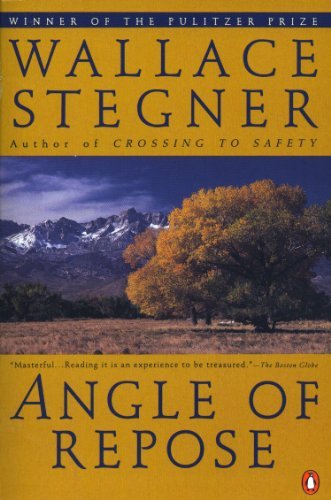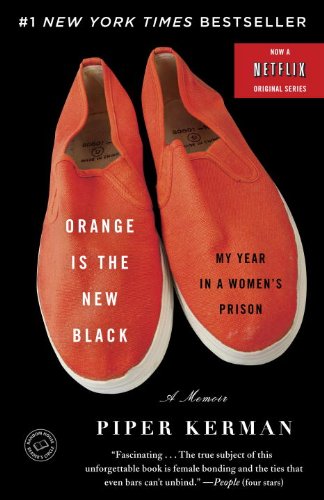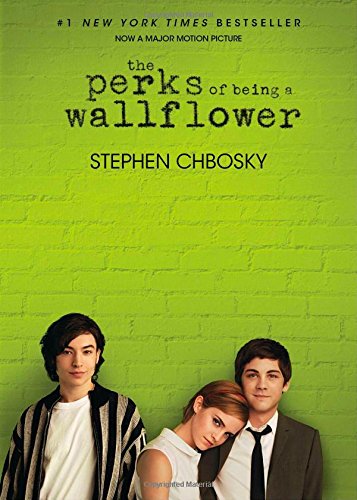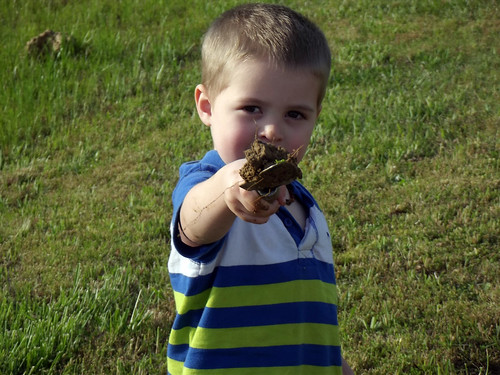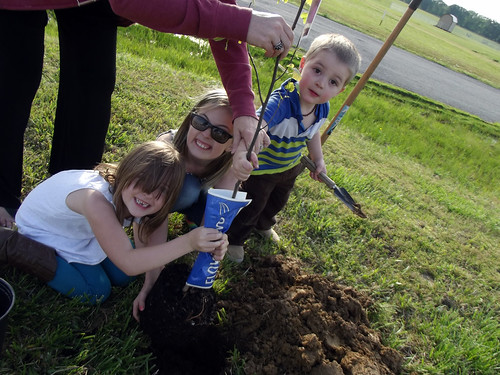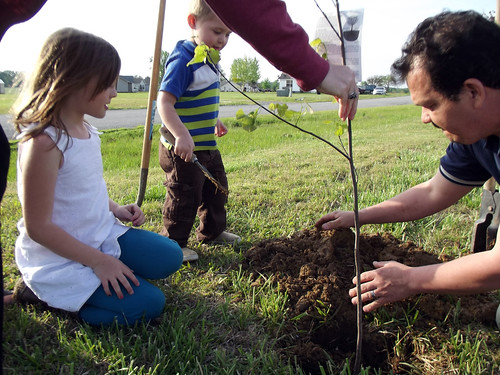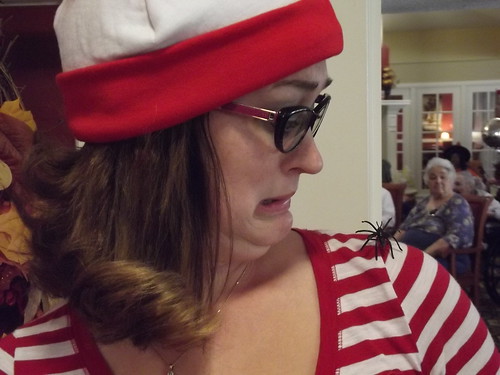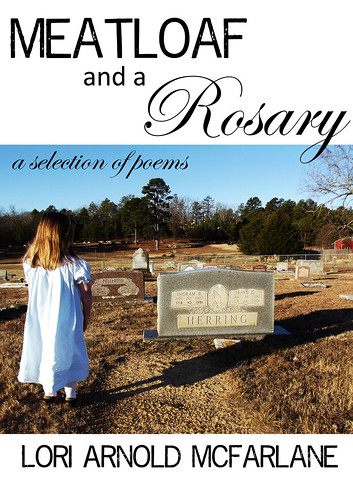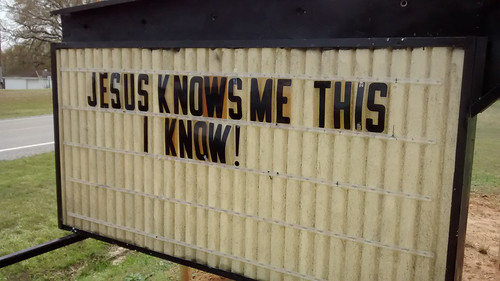Another month down!
Last month, even being a short twenty-eight day one, I got in seven books. This month wasn't quite as ambitious, but I have good reason for it. I spent the first half of the month finishing my own book. Which, incidentally, I figure checks off one of the categories of the reading challenge: A book that takes place in your hometown.
My hometown is Nowheresville. If there was ever a book set in my hometown, I don't think I'd even want to read it. Except...
my book in set in my hometown and I think you
should read it so... I take that back.
Regardless, I was never going to find such a book, so I'm ticking off my own book for that category. After all, I've read it a gazillion times now, it ought to count.
So.... the first of four:.
The Last Petal Falling by Lori Arnold McFarlane (
A book that takes place in your hometown)
This book is, for lack of a better word, a memoir. It takes you through my most formative religious experiences, starting from elementary school gospel sharing at the community pool to my spiritual revival at The Grove in college to the Day That Jesus Didn't Return. I've written the book in a sensitive and non-confrontational way, even as I describe the anger and disillusionment I experienced during my early post-Christian days, for my aim is not and never will be to needlessly attack believers of any faith, however much we may disagree. It's just to tell my own story and show others with similar ones that they are not alone.
If it's possible to be diplomatic and unbiased towards my own book (it's not), and if you'll spare thinking me a narcissist (I'm really not), this book is a book to read if:
A) you've BTDT (
been there done that)
B) you've never been religious and don't understand how religious people can believe things so unbelievable or
C) you are a Christian and want to understand how a devout Christian could ever possibly turn away from the faith.
I was always in the latter category, believing that those who turned away "were never saved to begin with". I'd like to think this book, at the very least, will push that envelope, if only just a little. Clearly there will be a plethora of responses to dismiss my "salvation" or to reason away my experience by pointing at all my foibles and follies, and I fully expect that, it's the nature of the business of bearing your soul to the masses. I just hope it will at least open eyes just a little wider to the reality that so many comfortable religious people face when
life gets real.
*Once I've completed the publishing stages - I'm going to self publish - I'll include a link from which you can all go purchase it! Likely it will be e-book only to start (gah, I hate e-books), but I'm looking into Print On Demand options as well.
The rest of the books I read in March all followed a theme. In February, a theme of hell and loss of faith emerged, but this time I found myself drawn to books about mental health.
 I Never Promised You a Rose Garden
I Never Promised You a Rose Garden by Joanne Greenberg (
A book from your childhood)
I read this book in high school as one of my additional reading requirements for AP English. We had to choose from a list a certain number of extra books to read and take simple quizzes on, and I being the go-getter I was always chose the shortest, easiest books on the list. This one was relatively short but it was not easy, and it impacted me deeply as a teenager. Ever since then, I've thought of this book often and considered finding a copy of it to re-read but never did. Until now. And I'm so glad I did.
First of all, I don't know how much of the book I possibly could have really understood in high school. Maybe I was more intuitive and empathetic than I remember, but the book is so full of complex and difficult concepts, I just wonder if I really understood it the way I do now.
One thing I know for sure: I can
relate to it better this time around.
The story revolves around Deborah, a seventeen year old schizophrenic in a mental hospital. She lives in between two worlds -
Yr, the land in her mind, and Earth - and the constant coming and going is agonizing. She wants to be fully
Yri but the other world keeps pulling her back without her consent. Her greatest battle in the hospital is sharing
Yri secrets with her therapist, whom she grows to love and trust,and is possibly the first person she's ever loved or trusted, and the horrible backlash from the
Yri gods that this betrayal earns her. It's a beautifully complex and delicate book. I absolutely loved it again upon this second read and highly recommend it.
The book deals a lot with mental illness versus mental health. It's a great novel even if you just read it for the plot, but the themes are really thought-provoking too. I'll just share one of them that spoke most powerfully to me.
The girls on the ward naturally despise certain nurses and are naturally drawn to others. While the aides themselves don't know what motivates these seemingly random responses, Deborah does. The nurses and aides that are the easiest targets are the ones the girls recognize as afraid. Not only afraid of the girls in the ward but afraid of
themselves. They are the ones who fear they too could end up as crazy as these lunatics, and they clutch their keys tightly in their fists as proof that they are
not stuck on the inside like the nuts but are still living on the outside, still "normal". The other aides, however, the ones the girls felt protective of, were the ones who knew they were only a few steps away from crazy and were comfortable with this fact. These attendants didn't hover in suspicious groups or exercise their authority with violence or clutch their jingling rings of proof in their pockets. They smiled, shook their heads, told the girls off, maintained control (as best they could) and earned rather than demanded respect. They knew they weren't all that different, but they did have a job to do, and they were going to do it right.
I get this. I totally do. I'm not sure if I realized this as a sixteen year old, but as a thirty-three year old, I recognize that I'm really just one or two breakdowns away from crazy myself. It could happen at any time. In fact, isn't depression a mental illness? Isn't body dysmorphia? If I have mild cases of both, I must realize that all it would take to put me over the edge is a nosedive into either or both of those trenches. At the moment, the only thing keeping me from either is the decision (which is remade regularly) to choose health over illness.
This is the other really powerful insight the book offers. Deborah's therapist tells her that once Deborah has experienced both mental illness AND health, she will have a choice. She can choose
Yr but will likely want to choose Earth. For now, she has never experienced health, so has no frame of reference for wanting to choose it.
Yr is familiar and safe; the world is mean and terrifying; that's all she knows. But once she has experienced both, the therapist is confident that Deborah will choose health. It will be the hardest choice she'll ever make, and one she'll make over and over and over again, but she will finally for the first time have an actual choice.
I think that's profound.
There is nothing simple about
choosing health. It's not as easy as choosing baked chicken over pizza. It not only feels unreachable, it feels undoable. For one experiencing mental illness (and who has at least known what it was like to be well at some other point in life), be it depressive or psychotic or what have you, the choice may be visible far off in the distance but unreachable. To make all the efforts and take all the steps that it would require to start the slow, difficult journey towards that unreachable goal seems impossible. Once you are in the throes of mental illness, it is a painful, seemingly impossible uphill climb to get out of it. It's much less exhausting to remain sick. At least that's my own experience.
However, once you've made that climb, however you managed it, it's important to daily make the choice to stay on top. I've felt myself slipping so many times, yet reading this book, and now thinking of it as a choice (again, not an easy, flippant choice) has had a huge impact on me. It's far more worth it to fight slipping into depression, even though it takes so much out of me, than to effortlessly glide right back down into it (it's so
easy to glide) and find myself at the bottom again looking up in desperation with no idea how to get out.
I'm going to post more on this later. I might get a lot of negative feedback on my interpretation of this, and disagreements are welcome! I recognize that my experiences are mild compared to so many others and value other opinions and comments.
And that leads us to...
 The Bell Jar
The Bell Jar by Sylvia Plath (
A popular author's first book)
While Sylvia Plath published books of poetry prior to
The Bell Jar, this was her first "novel", so I'm going to use that definition to check off this category.
This wasn't at all what I expected it to be. I'm still not sure how to interpret it. It's basically a vaguely fictionalized autobiography, so I don't doubt anything in it. I'm just surprised by how, well,
normal she was. In fact, maybe I'm even impressed. After reading
I Never Promised You... above, a book where mental illness was explicit and strange, reading about a depressed, suicidal girl who "had it all" and, on the surface of it and in the eyes of others, had "no reason" to break down, was unexpected. But it plays into the same idea that any of us are just a few feet away from crazy. She broke down, and not over any particular traumatic event, but simply from mental and emotional overload - or underload - or who even knows what. She just happened to walk those extra steps that you or I haven't walked yet... but could. At any time.
I didn't love this one nearly as much as
I Never Promised You... but I did really like it for its own worth. The most disturbing - and eye-opening - aspect of this book to me was her relationship with suicide. We sometimes tend to think of suicide victims as morose and wearing lots of black or perhaps as social outcasts who cry alone all day in bed. I'm not saying this doesn't accurately portray some suicidal people, but it doesn't cover the hidden majority. In reality, studies have shown that those who actually go through with committing suicide tend to be very detached from the idea of death. They buy their bus tickets in the morning even though they plan to die that night. They fill the fridge with groceries, all the while planning their deaths in very pragmatic terms. It's a matter of practicality. It's frightening. It's life in
the bell jar.
 Girl, Interrupted
Girl, Interrupted by Susanna Kaysen (
A memoir)
All these books about mental illness brought to mind the movie
Girl, Interrupted with Winona Ryder and Angelina Jolie. I was pretty sure it was a novel first, so I searched for it, and found it, on Amazon. I did not realize it was a memoir! I had assumed it was fiction. Being Susanna Kaysen's actual story (complete with hospital notes) made it far more interesting.
It doesn't read like a story. There is no narrative threading the story together. I didn't even really feel there was an arc or climax, and at the end, she just sort of "got better". No real discussion of how or why. She just kind of
did. Instead, each chapter is either a vignette, a bit of commentary on a subject or a combination. The little stories are colorful (and are what make up the plot for the movie), and the commentary is relatively interesting. Considering "borderline personality disorder" is such a vague diagnosis, she admits she finds it hard to discuss, for either she feels she is defending her diagnosis and trying to "prove" she was crazy or she ends up playing it down as nothing, which she knows wasn't true at all. All she knows is she wasn't well, and she did have some episodes of "crazy", but "borderline personality disorder" doesn't explain much of anything at all, which she laments.

I didn't enjoy this one as much as
I Never Promised You... or even
The Bell Jar, but I could relate. I sometimes feel when discussing my own issues with depression or body dysmorphia or my relationship with eating, I am stuck between apologizing for not really having that big of a problem (when I know that's not true) or feeling like I'm defending my problems and making them appear bigger than they are in order to prove that they are valid and worthy of comment. I heard an interview on NPR's
Fresh Air with a journalist who suffered Post-Traumatic Stress Disorder after witnessing an assault on a woman. (She wrote a book about it.) The media tore her apart, claiming she had no right to suffer PTSD after merely witnessing an assault, when others had been through so much worse. She explains that it's not a contest, and people with PTSD do not discount other sufferers' trauma just because one experience was more violent or horrific than another. Suffering is suffering, to whatever degree and whatever the reason. I think that's what Kaysen is getting at in this book. Her crazy looked different from another person's crazy which looked different from yet another person's, but at the end of the day, it's all real and it's all valid and it's all worthy of recognition.
And that, my friends, takes me down to 35 books to go!
P.S. I'm also trying to finish
The Restaurant At the End of the Universe, the second book in the Hitchhiker's Guide series by Douglas Adams. But since the rest of the series doesn't tick off any boxes, I probably won't review them. But I'm still reading them!
To see what else I have read this year:
February
January
 Charlie, a lonely high school freshman, whose close friend shot himself the year before, meets two seniors, Sam and Patrick, who take him in and show him genuine friendship, in spite of his quirks (and tendency to cry a lot). It quietly and honestly tells Charlie's story through letters he writes to a "friend". (Charlie needs an anonymous and understanding person to talk to. We know nothing about this friend, and this friend actually does not know Charlie.) He talks about his first time getting high, his first kiss, his first girlfriend, his love of books and desire to become a writer, and true love and friendship. The book is warm, but has an undercurrent of something unsettling. We get the sense of foreboding but cannot be sure why.
Charlie, a lonely high school freshman, whose close friend shot himself the year before, meets two seniors, Sam and Patrick, who take him in and show him genuine friendship, in spite of his quirks (and tendency to cry a lot). It quietly and honestly tells Charlie's story through letters he writes to a "friend". (Charlie needs an anonymous and understanding person to talk to. We know nothing about this friend, and this friend actually does not know Charlie.) He talks about his first time getting high, his first kiss, his first girlfriend, his love of books and desire to become a writer, and true love and friendship. The book is warm, but has an undercurrent of something unsettling. We get the sense of foreboding but cannot be sure why.